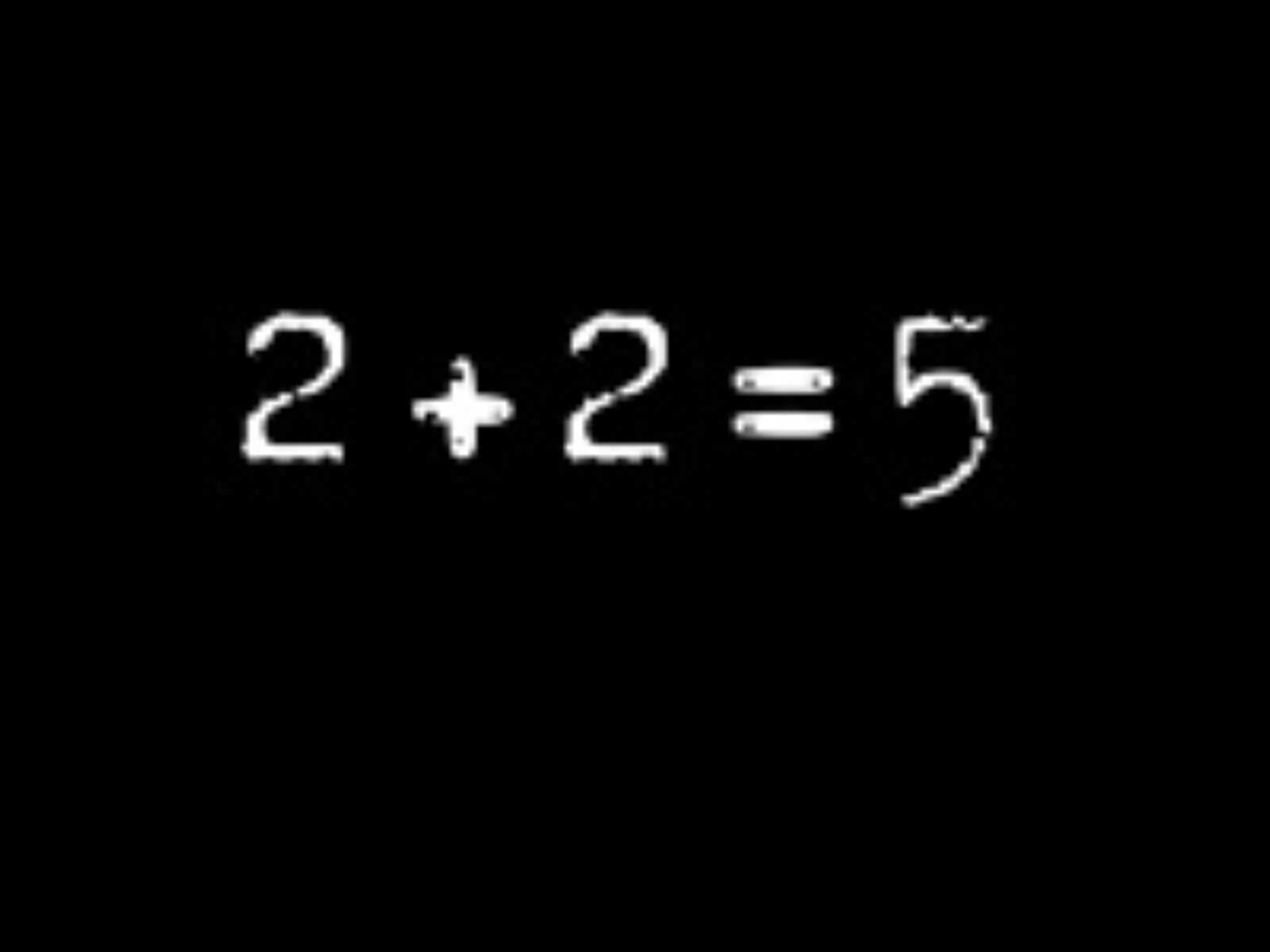
The way we think and interpret events and people can have a vast impact on the way we see ourselves, our self-esteem and self-confidence. The majority of the time it is our thinking patterns and self-limiting beliefs that hold us back from getting what we want or being happy with what we’ve got.
Here is a small exercise for you to have a go at. It aims to challenge your negative thinking patterns/self-limiting beliefs and the assumptions you make out about yourself and others on a daily basis. It aims to replace these beliefs with more logical and useful ones.
The A to F model for challenging beliefs
A. Activating Event or Situation: A situation arises which presents a challenge, a potential set-back for you or causes you to doubt yourself. Describe the troubling or difficult situation, stating exactly what this is.
B. Self-Limiting Belief(s) about the situation: How you interpret the adversity. Often habitual and emotionally rather than logically based. Separate thoughts from feelings. Detect what negative self-talk or self-limiting ideas or behaviour you are bringing to the situation.
C. Consequences of these belief(s): What are the consequences for you of this belief? Record your feelings and what happened as a result of them. Specify your unwanted emotions – write down what you felt like doing as well as what you did do.
D. Disputing the self-limiting belief(s): Ask yourself the following questions:
E. Effective new belief(s): Establish an effective, new belief. A come-back statement to your self-limiting belief.
F. New Feelings: What new emotions do you experience?
Work through these steps each time you are aware of perhaps interpreting a situation in a solely negative way.
Based on the work of Albert Ellis.